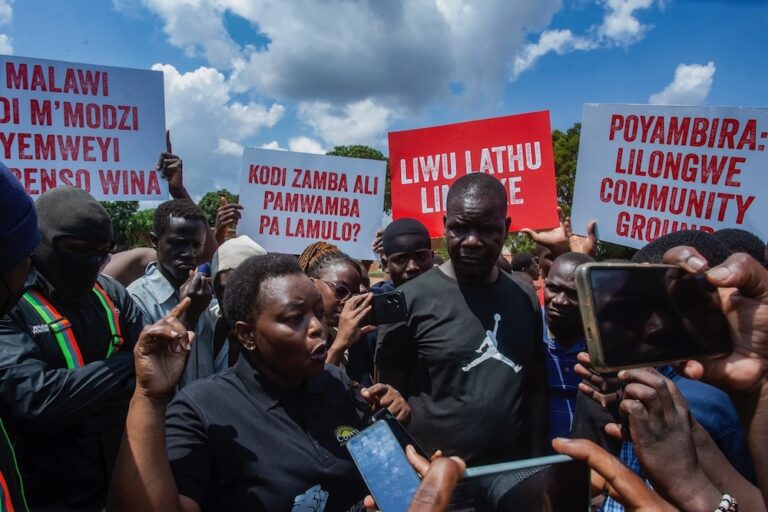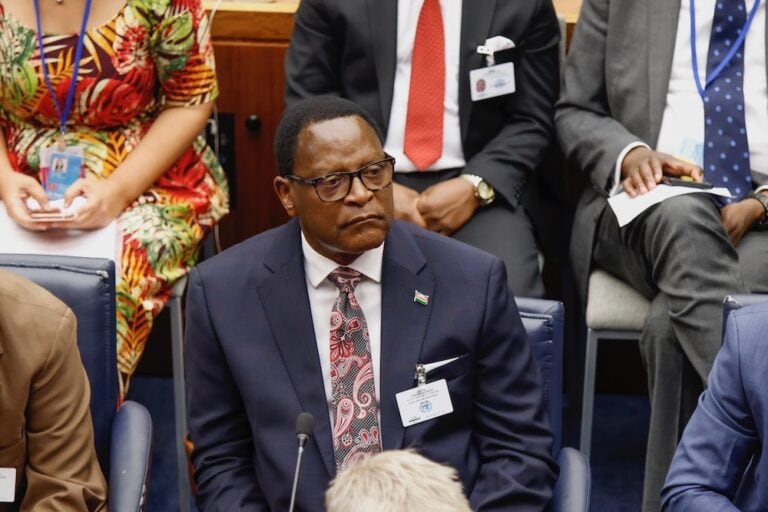(MISA/IFEX) – The Anti-Corruption Bureau (ACB) has warned that it will soon start arresting journalists who make corruption allegations but refuse to cooperate during investigations, on charges of obstructing justice and hiding evidence. On 6 November 2008, ACB Director Alex Nampota said the bureau has been unable to investigate many alleged corruption cases published or […]
(MISA/IFEX) – The Anti-Corruption Bureau (ACB) has warned that it will soon start arresting journalists who make corruption allegations but refuse to cooperate during investigations, on charges of obstructing justice and hiding evidence. On 6 November 2008, ACB Director Alex Nampota said the bureau has been unable to investigate many alleged corruption cases published or broadcast in the media because reporters have not been forthcoming with information to help during investigations.
According to Nampota, most journalists refuse to give details of their sources or share with the bureau the information they publish on allegations of corrupt practices.
“We have summoned a lot of journalists to give us further details anonymously, but reporters insist on clinging to their ethics. As a result, we can’t manage to investigate a lot of cases,” Nampota was reported as saying in a local daily.
Journalists in Malawi have been in the forefront of writing about cases of alleged corruption involving high ranking officials, some of whom the bureau has managed to successfully pursue and convict. For most stories the media have quoted off-the-record sources and, when summoned by the bureau to reveal them, the journalists have been refusing because their ethics do not allow them to disclose anonymous sources. Commenting on this, the chairperson of MISA Malawi, Brian Ligomeka, said as much as journalists were playing a crucial role in fighting corruption, the bureau should not expect them to disclose their sources as that would violate their code of ethics.


